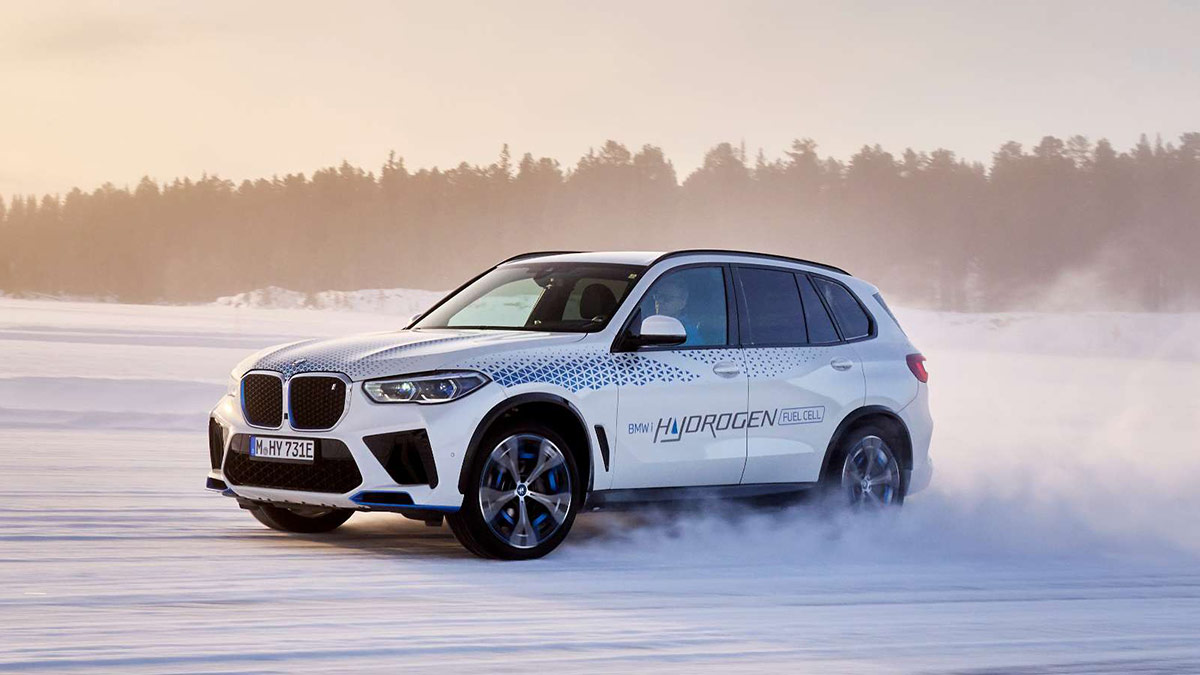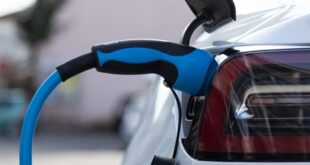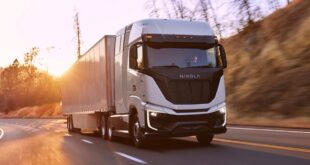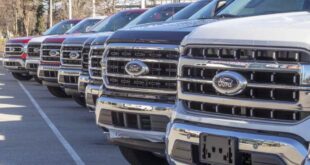The mass production and sales of the jointly-developed BMW and Toyota hydrogen fuel cell vehicles will begin around 2025.
It’s not new for BMW to work hand in hand with Toyota — after all, the automakers have collaborated on various projects in the past years, including the production of the Supra and Z4 sports cars. Now, the pair has decided to delve into deeper business and develop hydrogen fuel cell vehicles whose production will begin as soon as 2025.
In a recent interview with Nikkei Asia, Pieter Nota, BMW’s sales chief, briefed on the plan and partnership. With the environmental regulations for the European automakers becoming tighter by the day, BMW has planned to turn to green alternatives, and the fuel cell iX5 Hydrogen Concept showcased in 2021 was one of the early nudges.
There is little to no information about the specs of the yet-to-arrive hydrogen fuel cell vehicles from BMW and Toyota. However, Nota said BMW feels that hydrogen is “particularly relevant for larger SUVs,” thus hinting at some basic details about the collaboration.
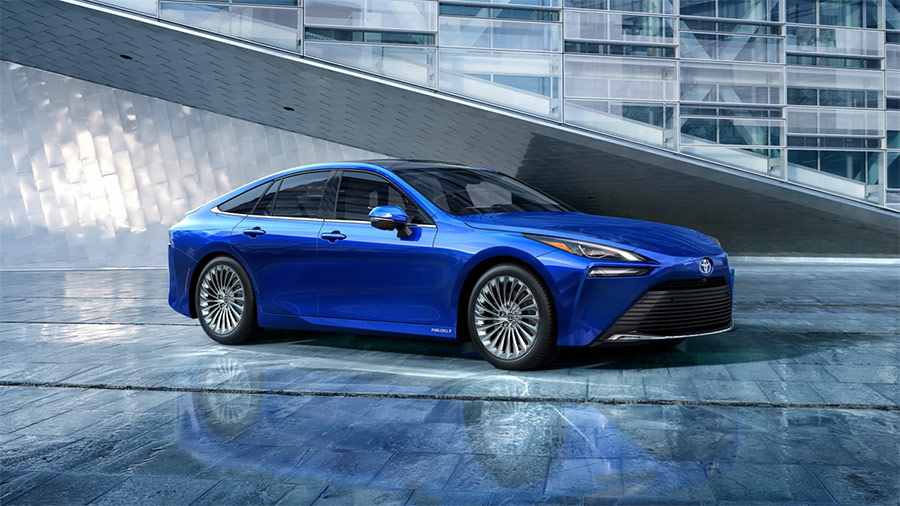
As for the iX5 Hydrogen Concept, most details are unavailable. All we know for now is that the SUV produces 168 hp, featuring two six-kilogram hydrogen tanks. The German automaker will begin the production of this limited-edition vehicle later this year.
With all automakers running toward EVs, BMW has chosen to also focus on fuel cell vehicles (FCVs). One of the reasons for this is that FCVs take much less time to refuel than battery-electric vehicles (BEVs). Moreover, Nota feels that the infrastructure and resources for BEV production are still lagging, and the focus on fuel cell technology allows the brand to branch out.
But BMW won’t stop accelerating BEV production; it aims for 50% EV sales by 2030 across all its brands, including Mini and Rolls-Royce. If the current market trend of EV sales keeps rocketing, BMW might be able to achieve its goal even sooner, says the company’s sales chief.
“We have various projects we work on with Toyota,” Nota said, hinting at future collaborations and newer productions. With Toyota’s expertise in the field of hydrogen fuel cell production and the success of the Mirai hydrogen fuel cell sedan, the pair of automakers should make a lasting impact in this particular segment.


